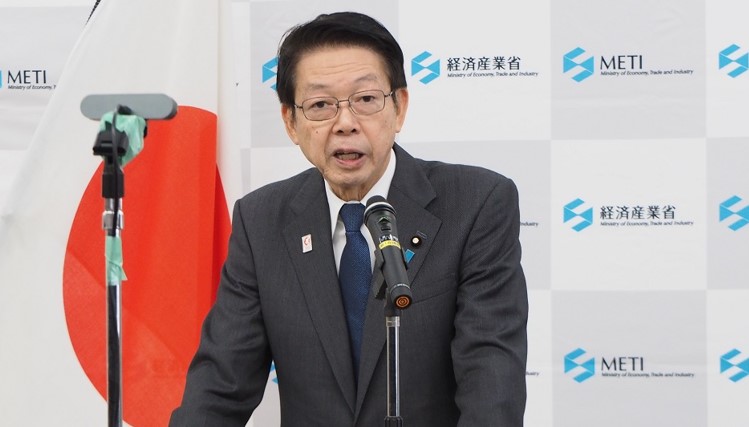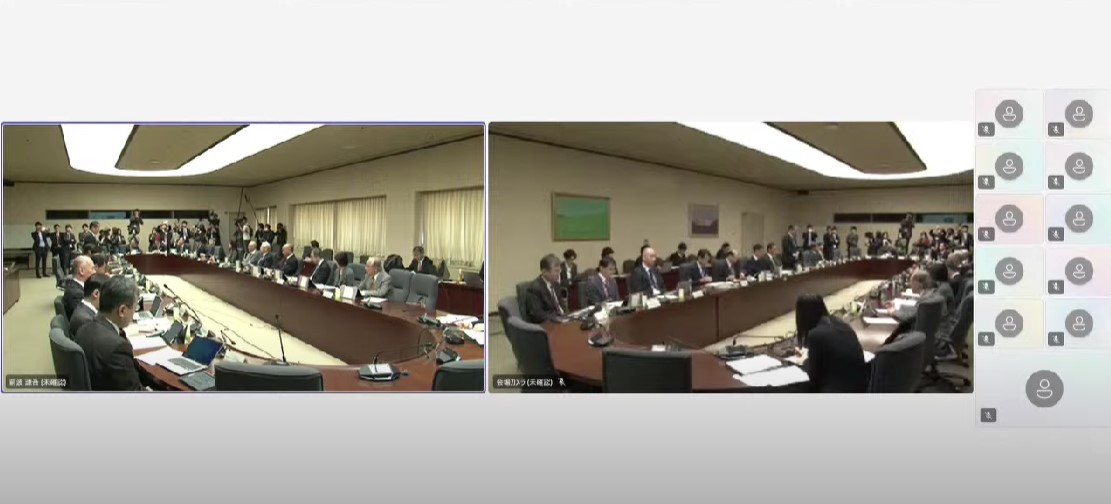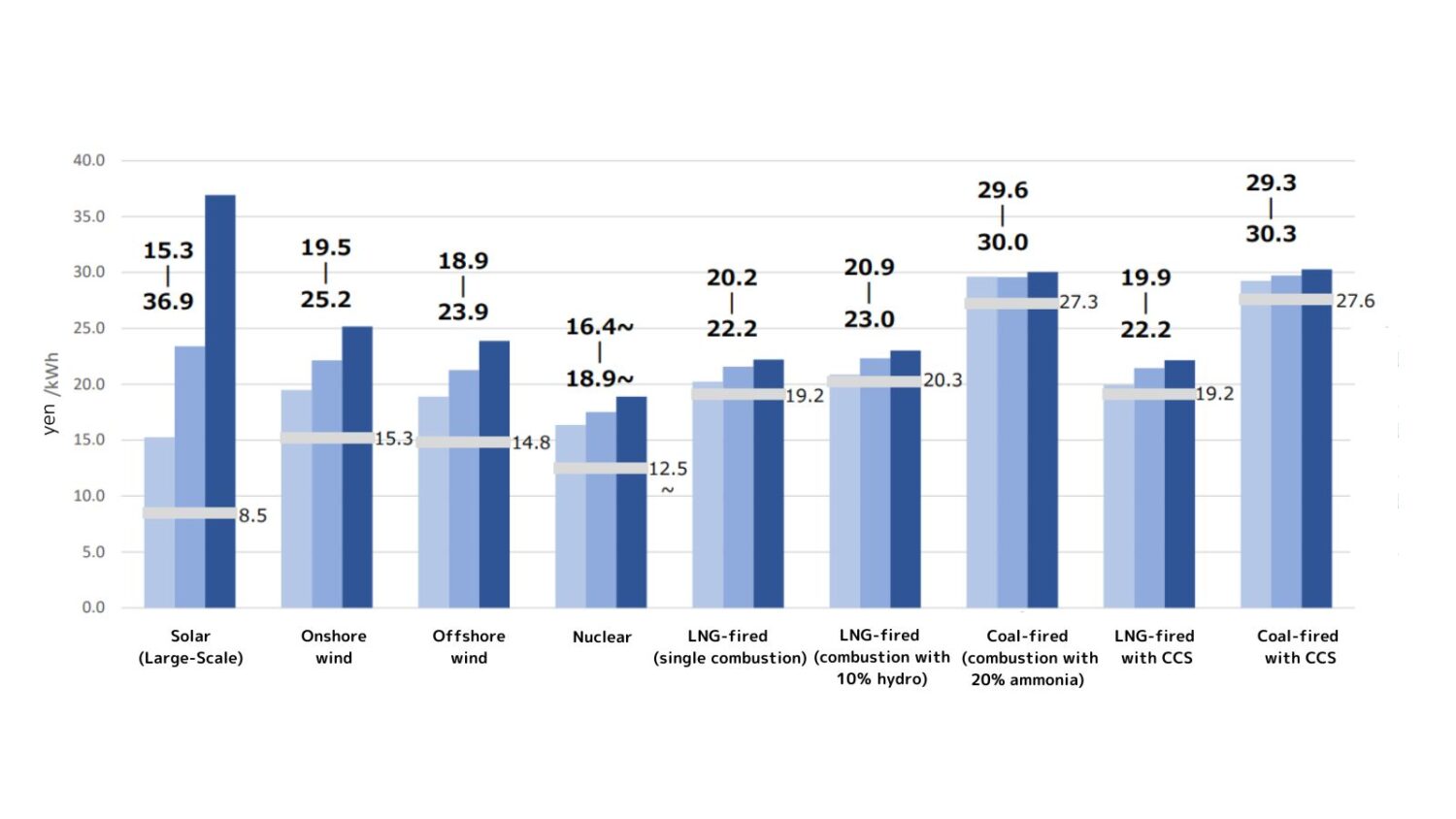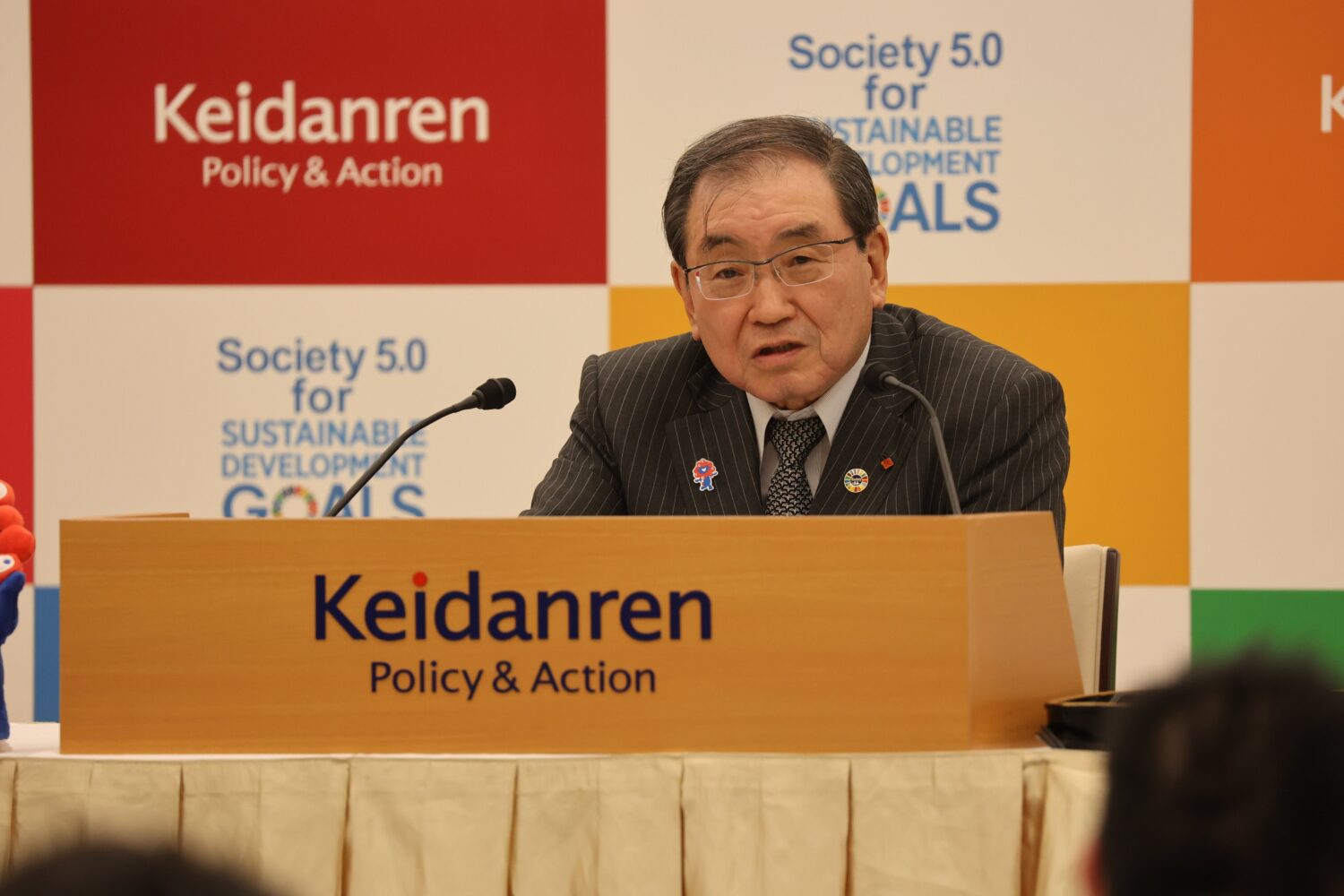He began by offering his deepest and most sincere condolences for the victims of the Noto Peninsula Earthquake on January 1, and expressed his heartfelt sympathy for all forced to endure significant hardships and inconveniences. He then recognized the efforts of everyone striving to provide medical aid and other support and restore lifelines, citing disruptions to transportation owing to the particularities of the peninsula’s traffic network and the effects on marine services as a result of the tsunami caused by the earthquake.
On the matter of energy and environmental protection, the prime minister stressed the promotion of Green Transformation (GX) to achieve both decarbonization and economic growth. He also demonstrated his intention to accelerate investment in the areas of industry, living and energy utilizing GX Economy Transition Bonds amounting some JPY20 trillion.
Referring to nuclear power, he called it “an effective measure toward decarbonization and stable supply,” and clearly stated that the country “will continue use of nuclear power with priority on safety.”
Meanwhile, Kishida said that science and technology policy was key to converting industrial structures and opening the way to the future. He emphasized the importance of “a national strategy with a long-term vision.”
He also noted the successful landing on January 20 of the Smart Lander for Investigating Moon (SLIM) by the Japan Aerospace Exploration Agency (JAXA), and said that he hoped for great progress in the country’s space exploration technology.
He then talked about the technologies, including bio, quantum, and nuclear fusion, in which the country “will promote investment and regulatory reform over the medium- to long-range future.”
Reiterating the Japanese government’s position that “Fukushima reconstruction is a vitally important issue,” and referring to China and countries that have suspended imports of Japanese marine products, the prime minister said, “We will urge them to immediately lift their restrictions, expanding domestic demand for marine products affected by those restrictions as well as cultivating new destinations for exports, and will steadily strengthen processing systems domestically.”
Regarding nuclear disarmament, Kishida started out by declaring concern about North Korea’s weapons development. He then said that based on the results at the G7 Hiroshima Summit, Japan would “strengthen its efforts in realistic and practical ways toward achieving a world without nuclear weapons, according to the Hiroshima Action Plan.”


-1.png)

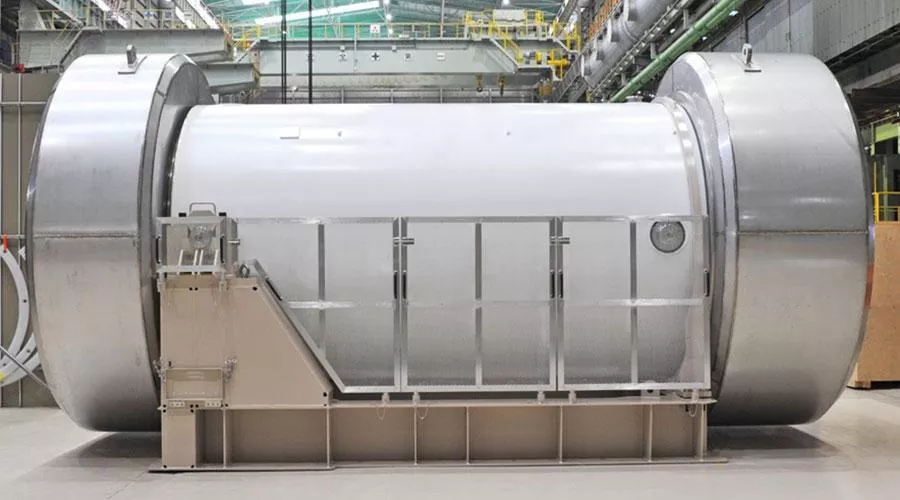
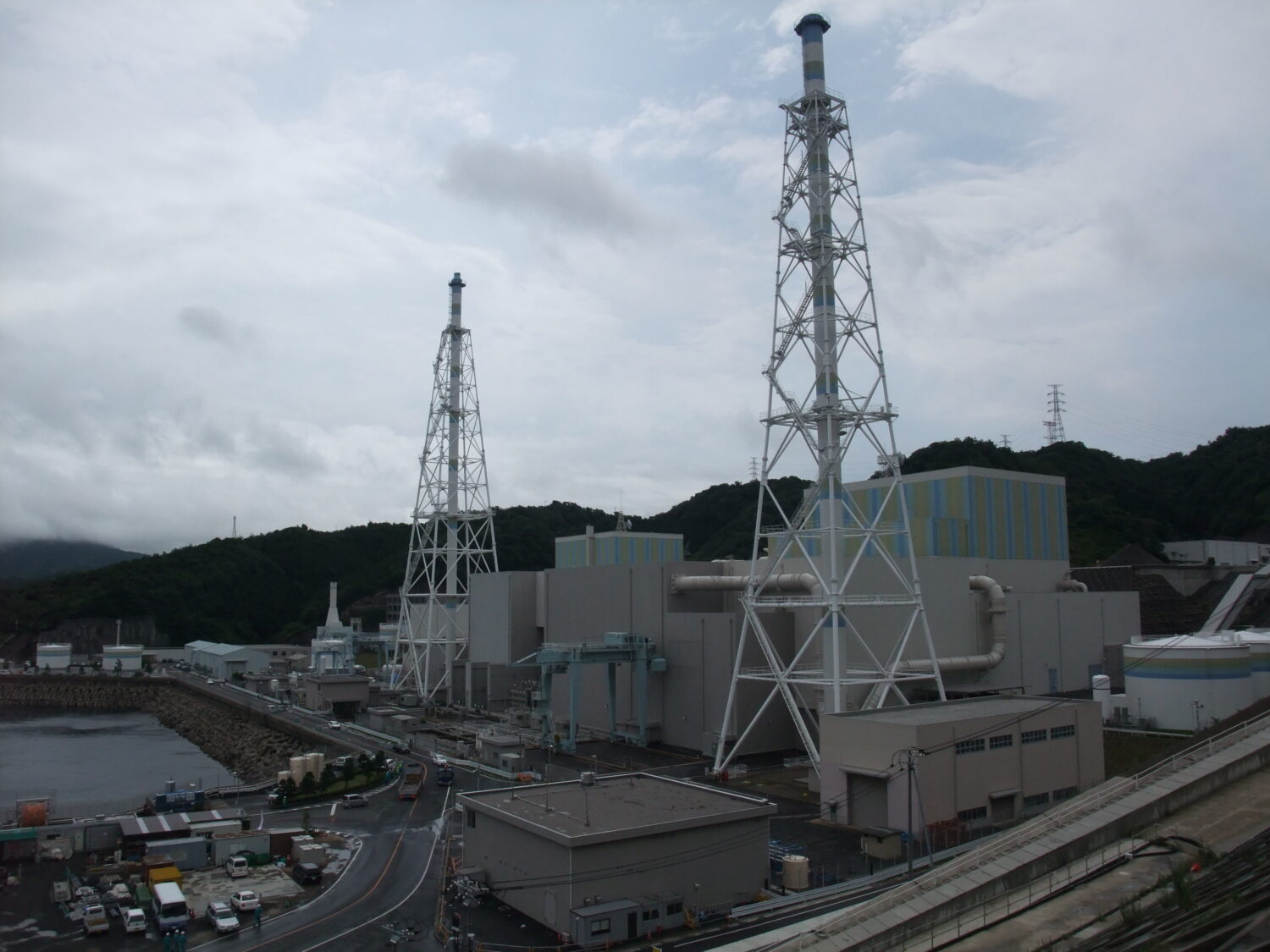



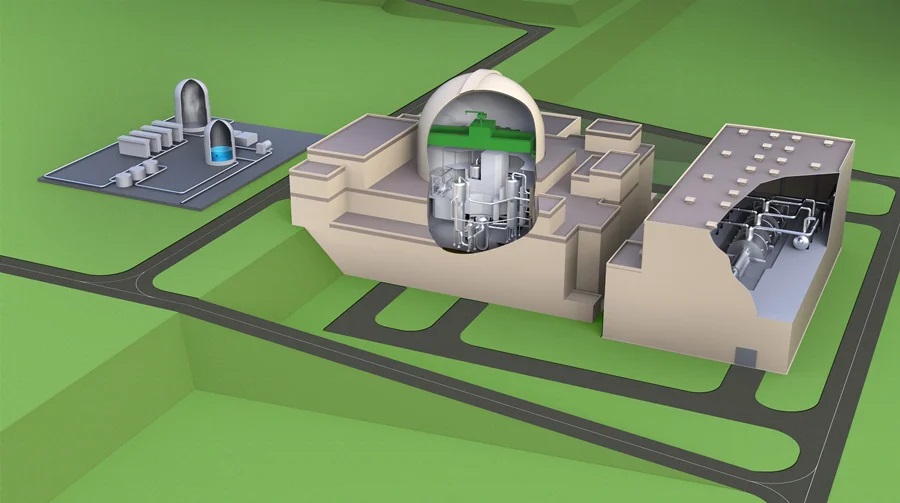
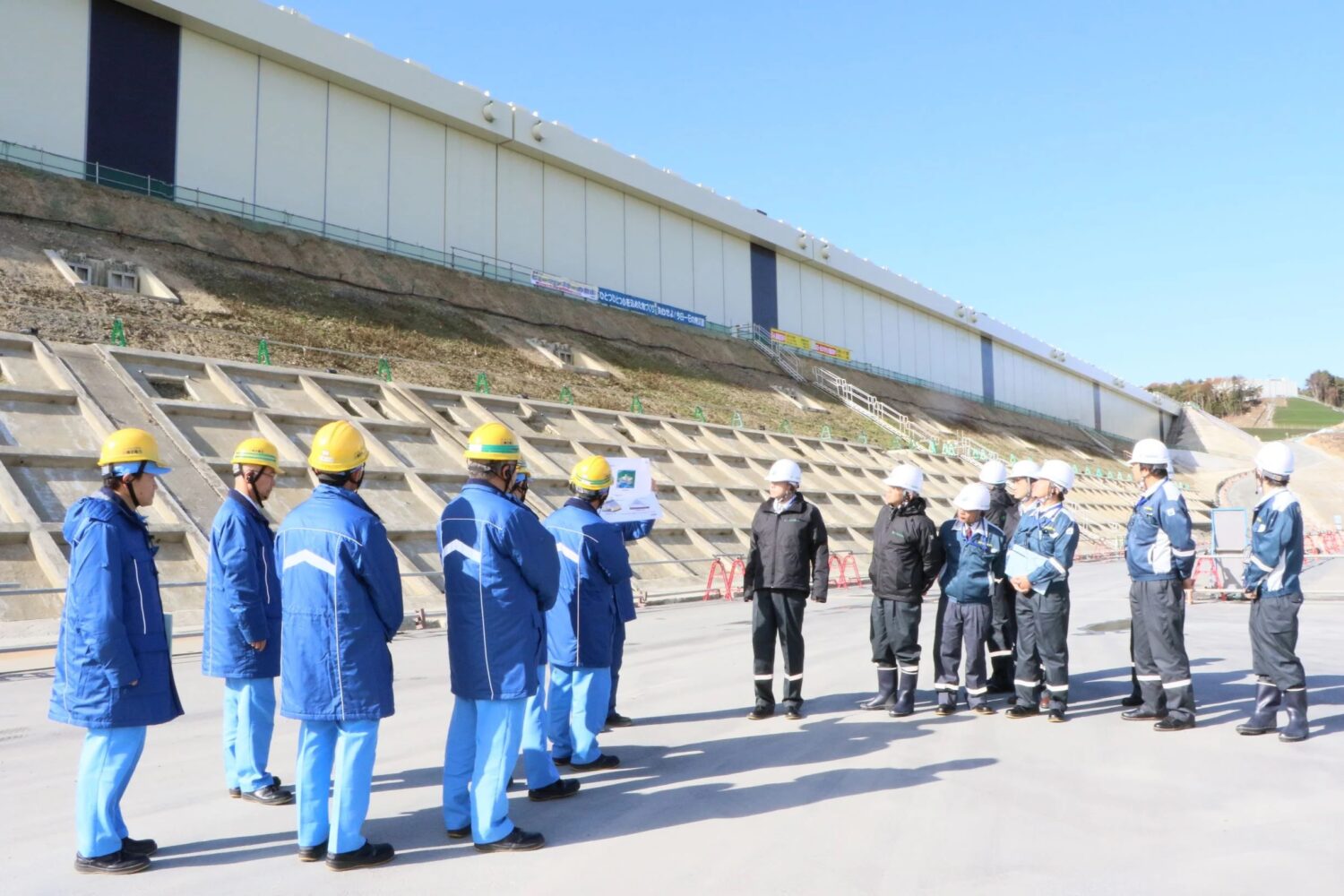
.jpg)




